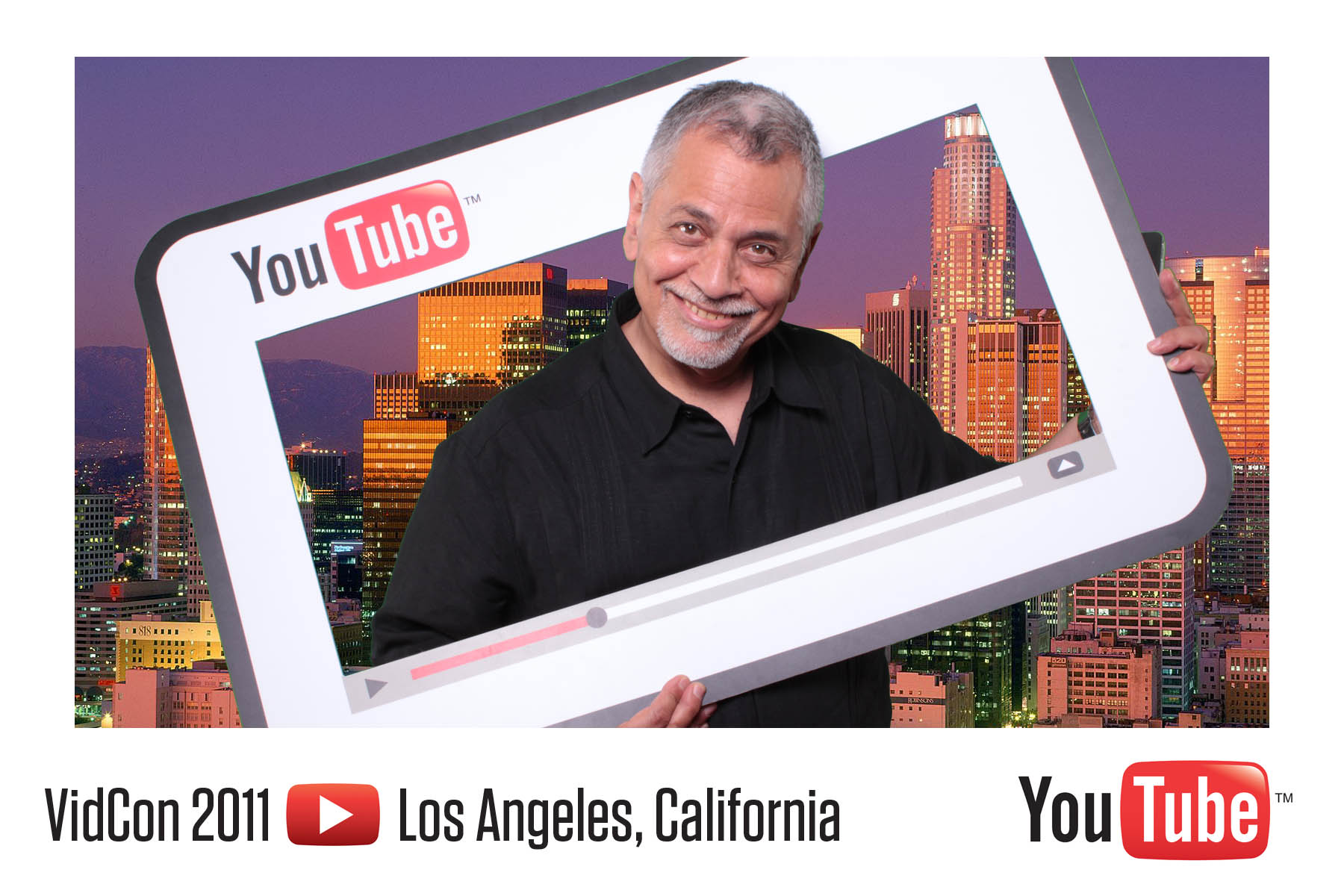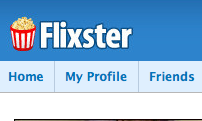• VidCon 2011: YouTube Faithful Scream and Dream of Hitting it Big
 Monday, August 1, 2011 at 10:49 AM by
Monday, August 1, 2011 at 10:49 AM by  Nick DeMartino
Nick DeMartino (A slightly different version of this post appeared on IndieWIRE).
With 2,400 young and noisy YouTube fanatics, the sell-out crowd could have been mistaken for a rave. However, VidCon 2011 was something even more radical: It's a next-gen vaudeville show that wants to become a showcase for the future of entertainment.
Headquartered at Los Angeles' Hyatt Regency Century City, the three-day, second-annual VidCon was a showcase for the fastest growing segment of the entertainment business: Online video and most specifically YouTube, which was -- lest we forget -- founded a mere six years ago (and owned by Google since 2006).
 By now, YouTube is so ubiquitous it's easy to take for granted. The site's videos garner 3 billion views per day. More than 48 hours of video are uploaded onto YouTube every minute, a rate that has doubled in just one year.
By now, YouTube is so ubiquitous it's easy to take for granted. The site's videos garner 3 billion views per day. More than 48 hours of video are uploaded onto YouTube every minute, a rate that has doubled in just one year.
And from all of that emerges VidCon, which features the elite stars of the YT universe from among the site's 20,000 partners. According to YT exec Tom Pickett, hundreds of YouTubers make six-figure incomes from their share of ad revenue that comes to channels that attract millions of subscribers and viewers, and thousands more earn at least $1,000 per month, a figure which has tripled in the last year.
VidCon was founded by siblings Hank and John Green, who have one of those star channels in the @Vlogbrothers. As emcees, they welcomed one home-grown YT star after another in 15-minute stints, including Dane Boedigheimer (the Amazing Orange), Phil DeFranco, iJustine, Mystery Guitar Man, Shane Dawson and Michael Buckley.
Naturally, each brought their own cameras on stage so they could post videos of the event, like this one from Toby Turner (Tobuscus), who is known for his faux trailers.
At one point, when the stage was filled with YT celebs dancing to the rock stylings of TeraBrite, the audience's shriek became a deafeningly high pitch rarely hard outside Justin Bieber concerts. By my reckoning, the average age of VidCon attendees was mid-20s, with a decided tilt towards the teen cohort.
That frenzy is more than than fandom: Most audience members are YT creators who aspire to the same kind of fame and fortune. Top draws at VidCon included sessions like "Secret Tactics to Grow Subscribers and Views," "Building a Great Rig," "Merchandising Your Brand," and my personal favorite: "Balancing School and YouTube."
YouTubers may be young, but they have a sense of their own history. VidCon presented a reunion of the actors from Lonely Girl 15, the fake videoblog that helped put YouTube on the map in 2006, especially after it was outed as fiction, not IRL/In Real Life. Many YTers, including DeFranco and the Greens, said they date their YT awakening to LG15, which was also one of the first web properties to utilize UGC in the form of viewer-contributed videos.
VidCon is not an official YT event, but the company was a major sponsor and a ubiquitous presence. Just as Apple once used MacWorld to introduce products and make announcements, YT took the stage to rally the troops and to define its message, including the launch of a new partner hub that centralizes resources and links.

YT execs also promoted the site's new interface, dubbed Cosmic Panda, which began its rollout in early July. The effort is a long-overdue revamping of YouTube's cluttered look and feel, especially compared to sleek sites like Hulu.
But as successful YouTube producer Bob Jennings suggests, Panda's focus on channelization reflects YouTube's hunger for slicker content and the advertisers that they hope will follow. YT's billions of daily views don't translate to a similar appetite from top-tier advertisers. Vevo, the music site spinoff that YT launched with Universal Music, was one way that YT addressed this problem. Not surprisingly, with music videos consistently making YouTube's top-viewed list, Vevo is a hit.
YouTube already bestows privileged placement and exceptional promotion on its biggest UGC stars; it's not much of a stretch to imagine a premium YT that will place them alongside the heavyweights of professional content, which YouTube has been wooing for years with mixed results.
However, that narrative was not part of VidCon, not even during the "industry day" that preceded the main show.
Vidcon's message is one of hope, with presentations like the one from Canadian YTer Corey Vidal, who shared his own triumph over homelessness: Every person who opens a YouTube account has a shot at starring in his own rags-to-riches meme -- this generation's version of "A Star is Born."
Which is why next year, VidCon will move to Anaheim Stadium, which has enough room for 12,000 stars.
<--------------o-------------->
The official Vidcon channel posted some of the conference live, as well as interviews with many of the speakers here. Read backwards on the #Vidcon Twitter search for a flavor of the event.
 Annoying Orange,
Annoying Orange,  CosmicPanda,
CosmicPanda,  Hollywood,
Hollywood,  TV,
TV,  Vevo,
Vevo,  VidCon2011,
VidCon2011,  YouTube,
YouTube,  web-video in
web-video in  Hollywood,
Hollywood,  conferences,
conferences,  indie,
indie,  social-media,
social-media,  tips
tips  Print Article
Print Article 